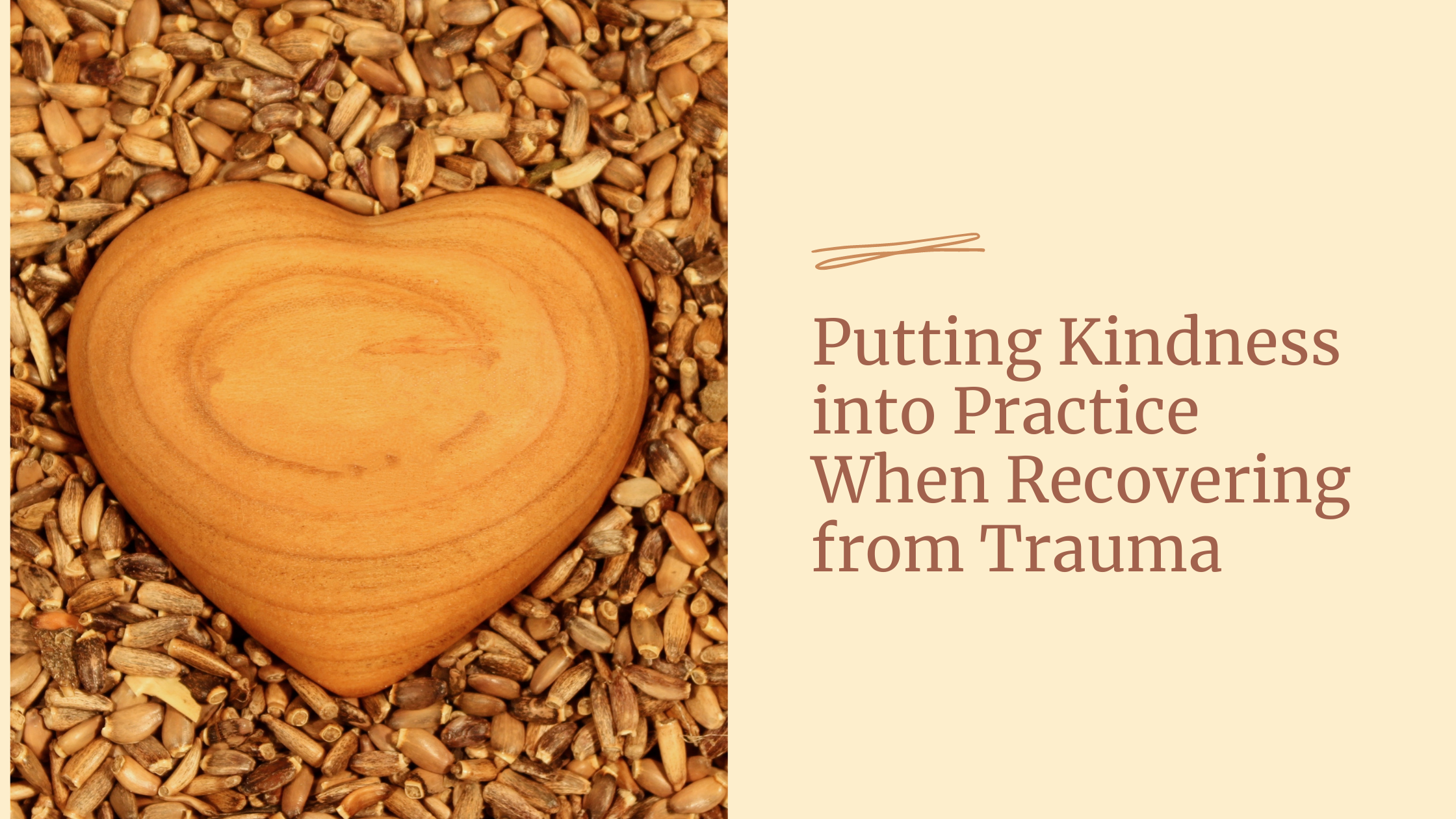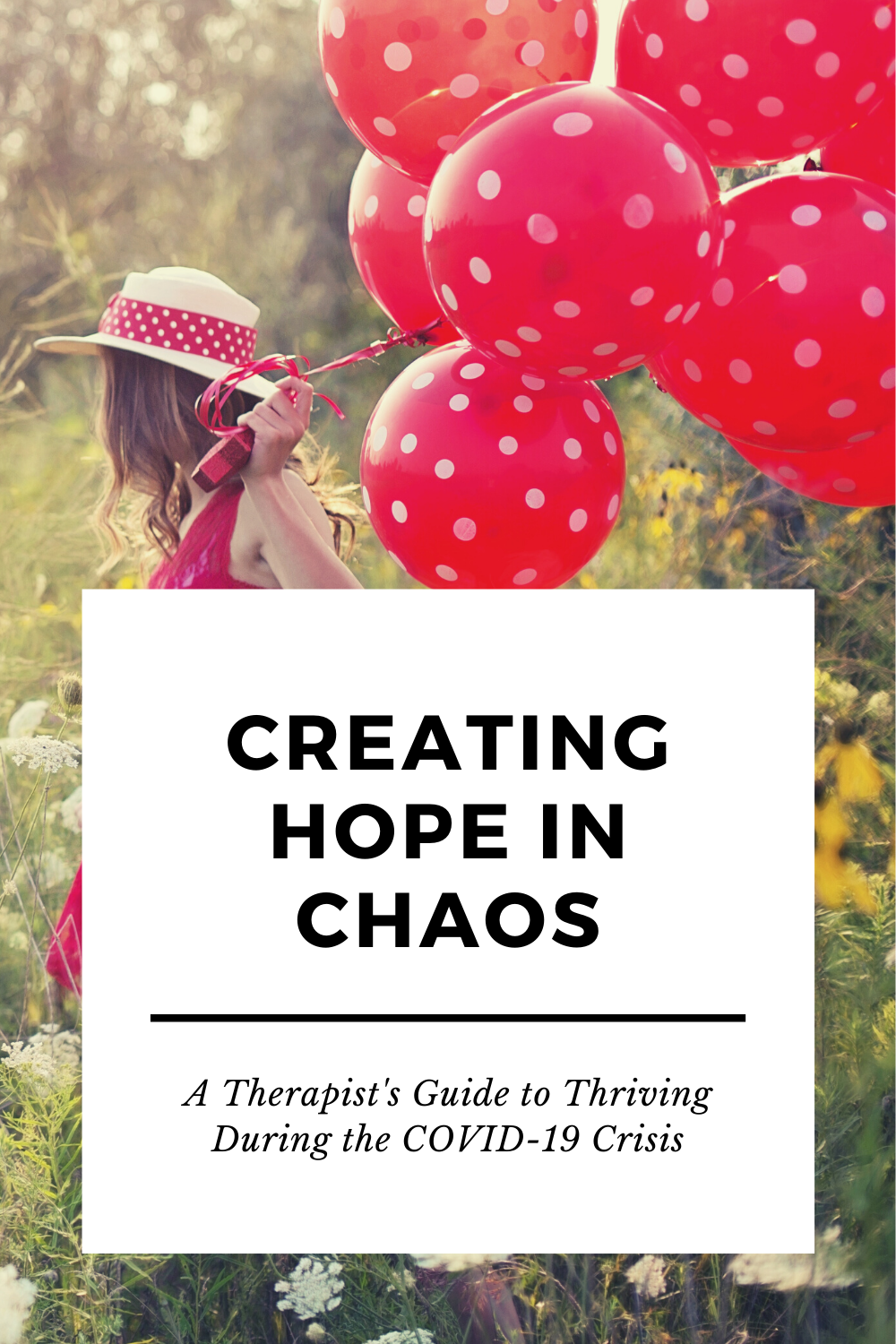If you’ve experienced a traumatic event, whether a “Big T” trauma (like a natural disaster) or a “small t” trauma (like prolonged bullying in a toxic workplace), you’ve probably felt some negative aftereffects. In some cases, you might have had heightened anxiety for a few weeks, but it resolved when the disaster passed. But for others, it’s possible to find yourself dealing with reminders or fear for months or years afterward.
In the case of childhood trauma, past abuse, or sexual assault, these effects may be more hidden. You could notice strange or unusual behavior and not even link it to those past experiences, because you believe you’ve gotten over them or moved past them. Typically reminders of these events exist deep under the surface and stir up emotions or physical responses that seem to have no cause.
For many partners recovering from betrayal trauma, you’re still living in the reality of the trauma. Your spouse may be in recovery, but that process takes time, so it can feel as though the trauma isn’t over. It’s like you’re living in the house being affected by the natural disaster: sometimes it seems like everything is okay, and then another wave of pain washes over you as you find out about a slip or relapse. This “present trauma” effect can happen also for those who are in toxic or harmful situations without an easy way out.
How Trauma Affects Your Emotions and Self-Talk
One of the hallmarks of trauma is a tendency to minimize or question the impact of that trauma on yourself. Many survivors of trauma have thought, “My experience wasn’t so bad. Not as bad as so-and-so had it.” More than that, depression can be an aftereffect of trauma, fueled by negative, self-defeating self-talk. You might feel doubt about the trauma itself and your own role and responsibility within it, which affects your sense of self-worth.
This unique combination of minimizing your own experience, thinking negatively about yourself, and doubting your own perspective can lead to destructive self-criticism and self-hatred that derail your path to recovery from trauma.
Symptoms of Trauma and Post-Traumatic Stress
In your story of trauma, you may be dealing with some or several of the symptoms of post-traumatic stress disorder (PTSD). These symptoms are worsened when you’re still experiencing the trauma, as with betrayal trauma discussed above. Those symptoms include:
Intrusive memories of the traumatic event
Flashbacks (re-experiencing the memory of the trauma as if you were still there)
Nightmares
Avoidance of people, places, and things that remind you of the trauma
Insomnia/difficulty falling asleep
Exaggerated startle response (jumping at things more easily, being on edge)
Hypervigilance (being extra aware of your surroundings and anticipating danger)
Irritability
Depression
Anxiety
Memory lapses related to the traumatic event
Chronic negative beliefs about yourself, others, or the world
Lack of interest in things you used to enjoy
Distorted self-blame or blame of others about the event
Intense emotional surges (fear, horror, guilt, anger, shame)
Feeling isolated or withdrawn from others
Inability to experience positive emotions
Self-destructive behaviors
Lack of ability to focus or concentrate
Why Kindness is Important in Trauma Recovery
If you relate to any of the symptoms listed above in relation to your trauma, my guess is that you also have expressed unkindness toward yourself. Some of the symptoms directly create that self-hatred: having a negative view of yourself, feelings of self-blame, and shame associated with the events. Other symptoms can be frustrating and lead to self-criticism, like insomnia, irritability, flashbacks, and nightmares.
For some, the person you were before the trauma happened and the person you are now feel drastically different from one another, and you long to go back to where you were before. Or, if the trauma occurred when you were young, you long to be “normal” and not have such intense, symptomatic response to triggers of the trauma.
I cannot overemphasize the power and necessity of good psychotherapy if you are dealing with PTSD. At the same time, learning to approach yourself with kindness while you are healing from trauma is essential. Healing from trauma takes time, and it can be a tiring process. You need an extra dose of kindness to move forward through it.
How to Practice Kindness
Call it what it is.
Stop minimizing your experience and let yourself name it what it is: trauma. Naming the experience as trauma can give you more of a sense of understanding and peace, as you know that there is an explanation for your symptoms, as well as proven treatments to help you process and learn to cope.
Research the impact of “small t” traumas and acknowledge that they can have just as significant of an effect as a major, “big T” trauma. In fact, sometimes the chronic nature of “small t” traumas can make them harder to move past, as they create ingrained patterns of thought and behavior that need more work to change.
Offer yourself grace and understanding for your symptoms.
Rather than becoming annoyed with yourself for experiencing the very real symptoms of trauma, learn about what they are and acknowledge that is what is happening when you feel them. Then, when you have symptoms, you’ll know why they’re happening, which can offer a sense of relief.
When you know your emotional response is tied to trauma, it can also give you more clarity on how to best care for yourself within it. Putting your emotions in the correct context helps you not to feel crazy and reminds you to rely on coping strategies specific to trauma.
Affirm your resilience in surviving the trauma.
Recognize that you made it through whatever traumatic event occurred to you, and (in most cases) it is over now. If it isn’t fully over, as in the case of betrayal trauma, recognize what you’ve made it through so far and the strength it’s taken to get there.
Honor what you did to survive, even if it wasn’t the healthiest choice. Some of your responses to trauma may feel crazy or irrational, but often they are motivated by a legitimate desire for safety or security, particularly after experiencing such an unsettling event. Consider the root of some of these responses and offer understanding to yourself of why you responded in this way.
Give yourself what you need.
If you’re managing the aftereffects of childhood trauma, ask yourself what you needed then. Was it someone to listen to you? A safe place to go when you felt afraid? A sense of comfort? If you’re still coping with the trauma, ask yourself what you need now. Healthy distraction? Connection with your recovery community? Rest and nutrition?
Then do it: give yourself the space for extra comfort or care as a result of the reminder of the trauma. Connect with loved ones or give yourself space and alone time, whichever feels more authentic to your needs. Practice grounding through deep, mindful breathing or connecting with your five senses. Practice sensory self-soothing behaviors like taking a bath, putting on warm and cozy clothes, smelling a scented candle or essential oils, or eating a comforting meal.
Use kind words to talk to yourself.
Rather than self-defeating or destructive thoughts you might be used to, consider positive coping thoughts you might use to support you. Put today’s experience in the context of the bigger picture: you’re working your way through trauma, and it isn’t over yet.
Our words have power. Choose words that remind you of resilience and empowerment rather than hopelessness and helplessness within your response to trauma. Remember your unique character qualities that are supporting you through this crisis.
Practice kindness toward others.
Sometimes the most helpful way for us to move through our own traumatic experiences is to find mutual support through places like support groups, advocacy organizations, or volunteering opportunities. Find a way that you can love and support others who are going through something similar to you. If the trauma still feels too fresh, it may be helpful to find a place where you can volunteer or help others that has nothing to do with your area of trauma. Offering help to others can promote a sense of gratitude and love that brings you out of the all-consuming nature of your trauma experience.























